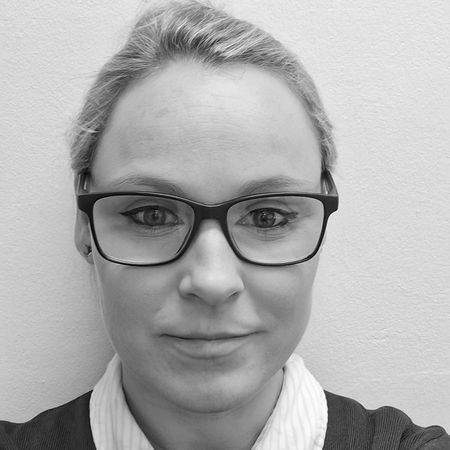On 14 July 2011, Professor Anton van Niekerk was physically assaulted in his office in the Department of Philosophy at Stellenbosch University as a result of an opinion piece he published on the role Afrikaners played in apartheid.
Just over 14 years later, on 5 September 2025, Van Niekerk’s son Bouwer, a prominent insolvency lawyer, was shot dead in the boardroom of his law offices in Saxonwold, Johannesburg. Speculation is rife that his assassination is linked to one of the high-profile cases he was working on.
Both incidents underline that standing for one’s convictions in the public sphere can carry grave risks.
I first encountered Anton van Niekerk in 2002 in my first year at Stellenbosch University. I had registered for philosophy without really understanding what it was, and as a result, I found myself sitting in Anton’s Introduction to Philosophy class.
What followed was one of the most profound experiences of my life.
As he explained the nature of philosophical questioning in his typically ardent way, and its fundamental importance in addressing some of the most foundational issues that human beings are confronted with, it felt as though I was suddenly seeing the world in colour – in all its glorious complexity – for the first time.
What struck me then, and what has remained with me throughout the years I have spent traversing my own way in this discipline, is the openness that philosophy requires, in that one approaches one’s interlocutor prepared to provide good reasons for the position one holds, while being receptive to the possibility that they may change your mind by providing weightier reasons of their own.
It demands that one remain aware of one’s own limitations, and this entails eschewing the idea that one has arrived at the ultimate, final, right answer to the questions that we ask.
This can be a frustrating experience for students, particularly in the fields in which both Anton and I have worked and taught: moral philosophy and applied ethics. We want to know what to do – what the right thing is to do – but it is the very nature of the moral dilemmas we all frequently face that these answers are not clear cut.
I have found it helpful to employ an analogy between ethics and design. It would be a foolhardy engineer indeed who claimed that they had arrived at the perfect design of any piece of technology, but that does not suggest that we cannot rightly distinguish between designs that are better or worse.
In the same way, while perfect solutions to the conundrums we face may not exist, that does not mean that we cannot determine the difference between those that are better, and those that are worse.
On the 14th of July 2011 and the 5th of September 2025, the world was robbed of this nuance in the most brutal way.
Two principled men who stood up and argued for the positions they held, often in public forums, were attacked in a way that shut down dialogue, that rejected openness and complexity, and that bled a little more of the colour from our society.
This kind of violence is the ultimate expression of the most arrogant form of hubris: that there is only one answer – my answer.
In one case, this has had the most devastating of consequences. All of us are the poorer for it. DM




